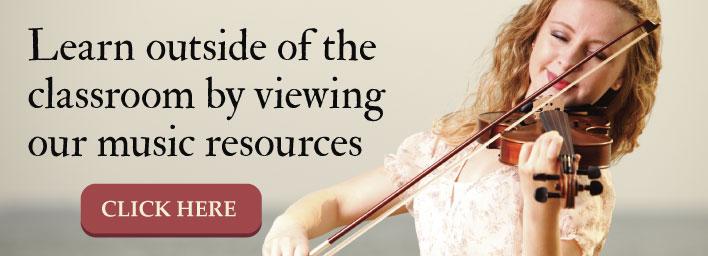Music Therapy: Learn How Playing Music Can Help Depression

Research continues to support the knowledge that playing music is beneficial to your brain. Over the last few decades, enhanced medical technology has enabled scientists to study the positive stimulation that only music can provide on cognitive processes. The results of these studies have confirmed that music therapy, especially in the form of learning to play an instrument, has the ability to reduce the symptoms and development of dimension, help overcome the challenges of a learning disability, and increase academic performance in students.
Moreover, these proven results have spurred research extensions within the medical community, and new applications are being tested and reported concerning music’s ability to heal the body. Within the last few years, more studies have shown the beneficial connection between playing music and physical health, especially regarding stress-related ailments like pain and depression. Both a recent editorial by the British Journal of Psychiatry and an article in the American Physiological Association examine this recent attention and explore just why music is so effective for relieving depression.
Learning to play music with a music therapist, involves activity. This type of active participation, when combined with the specific brain responses that learning to play an instrument invoke, provides the stimulus that generates healing.
Depression is a serious medical condition, but many people are hesitant to begin a chemical regimen before exploring any possible natural alternatives to that type of treatment. Music therapy has the ability enhance traditional techniques when applied as a learning exercise.
Aesthetic Appeal
A diagnosis of depression is typically associated with (in some measure) a lack of enjoyment and meaning in life. However, when combined with specific therapeutic techniques, the artistry and connection established through the music generates an aesthetic appeal that transcends verbal communications. This creates a relationship that opens doors not only for effective catharsis, but also for progress. It stimulates a desire to behave differently, and to experience yourself in a new light, an important aspect of treating clinical depression.
Physical Interaction
Learning to play a musical instrument also aids therapeutic treatments by requiring controlled physical effort and interaction. People who suffer with depression are often characterized by severe withdrawal, but music helps break down those barriers. Plus, physical exercise has long been lauded as a way to both prevent and assuage symptoms of depression, but music therapy goes even further.
Music is part of our culture, and it affects us whether we acknowledge it or not (for instance, tapping along to a beat, “suffering from an earwig,” or knowing instinctively whether a certain song is pleasing or not). By physically participating in learning to play music, instinctual responses compel interaction and create a strong sense of physical recognition within the player. Moreover, this strengthens the feeling of meaningful contribution.
Relatable Experiences
Music is deeply embedded in our psyche, and when you learn to create music with an instrument, you develop new ways to express your inner thoughts and feelings. Music therapy, when it includes learning to play an instrument actually nurtures a sense of self-awareness. As you learn to create new sounds and bring them together in a melodious form, your brain makes similar connections within your environment.
Pulsing rhythms and harmonic combinations mirror personal interactions, and although you may not consciously recognize it right away, your brain is learning.
Healing Vibrations (Frequency of Health)
Sound frequencies and rhythms are being studied for their actual influence on a variety of physical ailments. Researchers have discovered that “playing music increases the body’s production of the antibody immunoglobulin A and natural killer cells… [and] reduces levels of the stress hormone cortisol” (APA). An increased immune system that is able to better prevent sickness and contribute to lowered levels of stress are both important aspects for treating clinical depression.
The theory is that low frequencies stimulate areas of the brain in specific ways, but more research is needed for full comprehension of why it works.
The activity involved in physically playing an instrument benefits players’ health in many ways. Indeed, the full scope of the power of music isn’t yet known, despite the recent attention. However, it has been shown to positively alleviate symptoms of depression by establishing aesthetic connections that enhance traditional treatments. To find out more about how music therapy can help heal depression and links to certified professional therapists, visit the American Music Therapy Association website.

